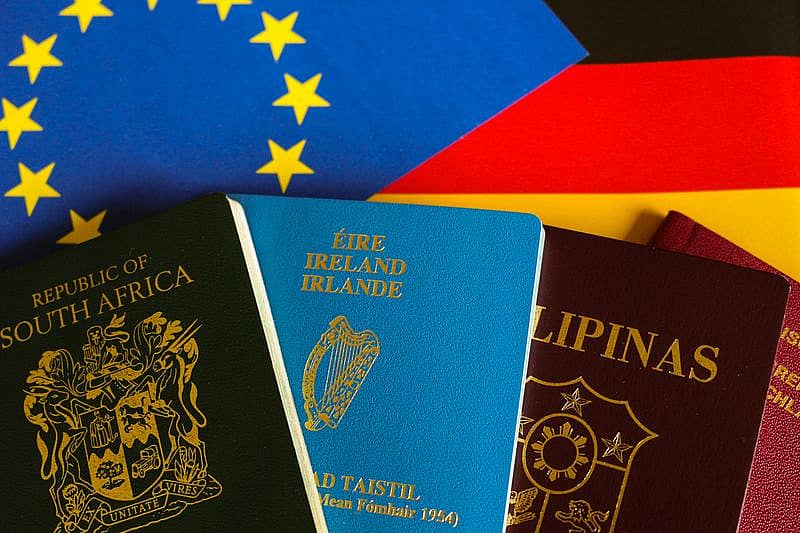With the recent presidential election in the United States, many of our families living abroad have asked how international students will be received at American colleges and universities in the future. Will visas continued to be issued? Will it be safe to live and study in the U.S.? Will the same opportunities that have afforded millions of young people the ability to study in the U.S. continue to exist? As someone who spends the vast majority of my days working with international students, I admit that I have been contemplating many of these same questions.
After wading through much of the political and emotional rhetoric surrounding the election, I have had time to consider the future of international students in a variety of contexts – social, political, economic, and academic – and I am confident that there is, indeed, a bright future ahead. My findings are as much based on instinct as they are on fact, but I believe deeply that America’s higher education system will continue to welcome, support, and protect the countless students who choose to bring their talents and passions to our shores each year.
Why opportunities will continue to exist and grow:
- Colleges and Universities remain keen on building diverse, global communities.
- Colleges and Universities are committed to creating safe, dynamic, learning environments where students can freely exchange ideas and gain an appreciation for a variety of cultures and viewpoints.
- Businesses, both in the United States, and abroad, expect these same universities to prepare the next generation of leaders, thinkers, and entrepreneurs.
- With the advent of technology, and as the world continues to become smaller, there is a growing need for a new generation of professionals who can competently and effectively navigate the complex global business landscape.
- International undergraduate and graduate enrollment account for over 1 million students each year – a number far too great to replace domestically.
For decades, colleges and universities have relied – and will continue to rely – on international students to meet important enrollment and institutional benchmarks – from diversity, to revenue, to strengthening overall competitiveness. Beyond these practical notes, another factor that is often forgotten is that American students have come to expect to share classrooms and dormitories with peers from around the globe to gain deeper and more meaningful perspectives in their learning and in their lives. A strong, balanced, and diverse international student population is one of the many things that makes universities appealing to students within the States and it is something that these schools will continue to work towards for years ahead.
So what does this mean for our international families? It means that now, more than ever, is the time to leverage the power of your passport. Perhaps the most valuable tool that international students possess is their own background. Needless to say, a student must have the academic competencies to gain admission to university, but the perspectives, languages, and culture that these students bring to a university campus cannot be underestimated.
On a recent trip to Europe, I was reminded of this very subject as each of the students I met with described the three, four, or more languages they were fluent in, the fact that they have lived in numerous countries, and the fact that their cultural and ethnic backgrounds spanned the globe – from Brazil, to Colombia, to Russia, Jordan, Japan, and everywhere in between. As a result, these students – and many others who live abroad – bring with them something that cannot be taught in any classroom – be it in the Maturité, the International Baccalaureate, or the U.S. based Advanced Placement system – and that is culture and cultural perspective.
Regardless of the political climate, higher education in the United States will continue to be a safe haven for students from across the globe. For decades, the demand for qualified, international students has been strong and all signs point to this trend continuing well in

